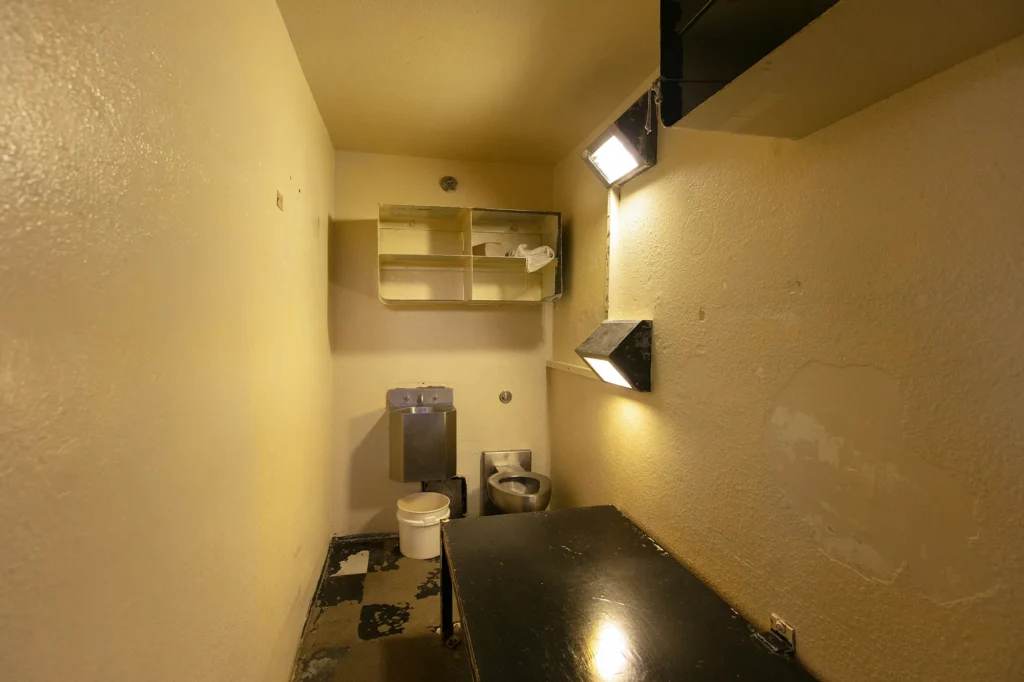
- Trump's tax bill includes Section 899, targeting countries with unfair taxes unless an international deal is reached beforehand.
- The provision threatens a 20% tax on foreign investors’ U.S. income, raising alarm on Wall Street and abroad.
- White House may drop Section 899 if EU and others suspend global minimum tax and digital service taxes.
Share
|
Getting your Trinity Audio player ready...
|
WASHINGTON – A tax proposal that would enable U.S. President Donald Trump to retaliate against countries that impose taxes that he considers unfair could be removed from a sweeping budget bill, if an international deal can be struck before it passes, top White House and congressional Republicans said on Wednesday.
The proposal, known as Section 899, is currently part of Trump’s tax-cut and spending bill, which Republicans hope to enact as early as Saturday so that the president can sign it into law before the July 4 U.S. Independence Day holiday.
House of Representatives Ways and Means Committee Chair Jason Smith told Reuters that the provision could be removed from the legislation if other countries and the European Union agree to suspend taxes such as the “Pillar Two” global minimum corporate tax.
“If there’s an agreement before the bill’s passed, I’d see it to come out. But until the European Union treats U.S. businesses fairly, it will be in the bill,” Smith said in an interview.
White House economic adviser Kevin Hassett made similar remarks about Section 899, saying: “Maybe it doesn’t have to be in the bill if they pull those things back ahead of the vote.”
Hassett specifically cited Pillar Two and digital service taxes, which impact large U.S. technology companies like Amazon and Alphabet.
“We don’t like those things, and we’ve got a tax response, a tax retaliation, a reciprocal retaliation in the bill,” he said in an interview with the Fox Business Channel.
“And so, we’re in negotiations over tax issues,” Hassett added.
The provision in Trump’s One Big Beautiful Bill Act would impose a progressive tax burden of up to 20% on foreign investors’ U.S. income, raising concerns on Wall Street about the attractiveness of U.S. investments.
Lawmakers have done little to address concerns on Wall Street, despite calls for clarifying language and leeway for the Treasury to exempt countries in negotiations with the Trump administration.
The Senate version of the provision would take effect in 2027, one year later than an earlier House version.
Senate Republican leaders are aiming to pass the Trump bill as soon as Saturday, and Hassett said the White House would expect the House to vote on full passage later in the day.
—
(Reporting by David Morgan; Editing by Scott Malone and Marguerita Choy)




















